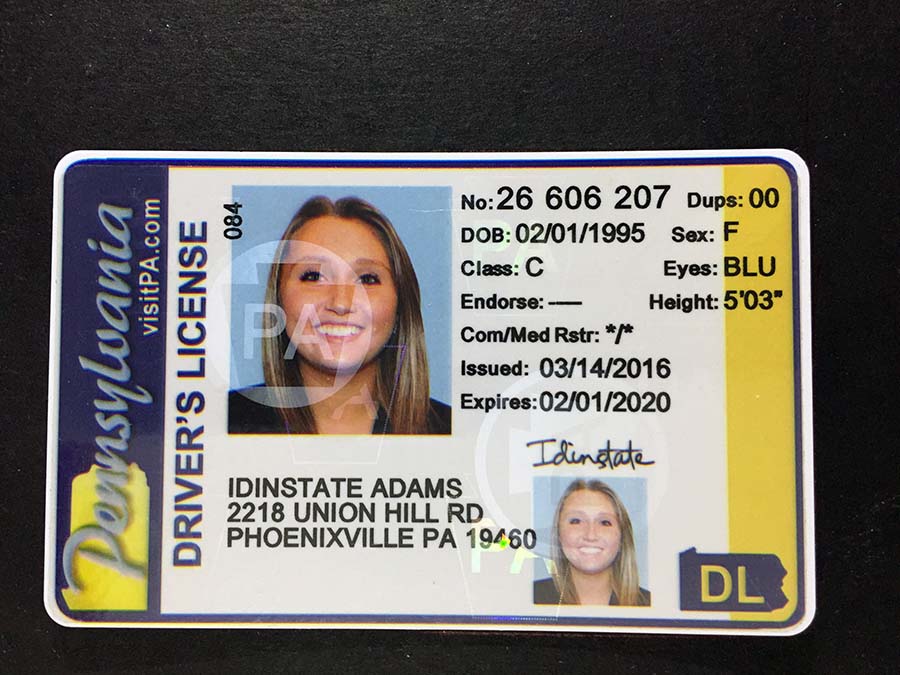 What are site cookies? Website or blog cookies are online monitoring tools, and the industrial and government entities that use them would choose individuals not read those notices too closely. Individuals who do read the notices thoroughly will find that they have the choice to say no to some or all cookies.
What are site cookies? Website or blog cookies are online monitoring tools, and the industrial and government entities that use them would choose individuals not read those notices too closely. Individuals who do read the notices thoroughly will find that they have the choice to say no to some or all cookies.
The problem is, without cautious attention those notifications end up being an annoyance and a subtle tip that your online activity can be tracked. As a researcher who studies online surveillance, I’ve discovered that stopping working to check out the alerts thoroughly can cause unfavorable feelings and impact what individuals do online.
How cookies work
 Browser cookies are not new. They were developed in 1994 by a Netscape developer in order to optimize browsing experiences by exchanging users’ data with specific websites. These small text files enabled web sites to keep in mind your passwords for much easier logins and keep products in your virtual shopping cart for later purchases.
Browser cookies are not new. They were developed in 1994 by a Netscape developer in order to optimize browsing experiences by exchanging users’ data with specific websites. These small text files enabled web sites to keep in mind your passwords for much easier logins and keep products in your virtual shopping cart for later purchases.
However over the past three decades, cookies have progressed to track users throughout websites and devices. This is how products in your Amazon shopping cart on your phone can be utilized to tailor the advertisements you see on Hulu and Twitter on your laptop. One research study discovered that 35 of 50 popular sites use website or blog cookies illegally.
European guidelines require online sites to get your permission prior to using cookies. You can prevent this kind of third-party tracking with website or blog cookies by thoroughly checking out platforms’ privacy policies and opting out of cookies, however people normally aren’t doing that.
Why Have A Online Privacy With Fake ID?
One research study found that, usually, internet users spend simply 13 seconds reading an internet site’s terms of service statements prior to they consent to cookies and other outrageous terms, such as, as the study included, exchanging their first-born child for service on the platform.
Friction is a strategy used to slow down web users, either to maintain governmental control or minimize customer service loads. Friction involves structure aggravating experiences into website and app style so that users who are trying to prevent monitoring or censorship become so inconvenienced that they eventually provide up.
My newest research study sought to understand how internet site cookie notices are utilized in the U.S. to create friction and influence user habits. To do this research study, I looked to the principle of meaningless compliance, a concept made infamous by Yale psychologist Stanley Milgram.
Milgram’s research study demonstrated that people often grant a request by authority without first pondering on whether it’s the best thing to do. In a a lot more routine case, I presumed this is also what was happening with internet site cookies. Some individuals recognize that, sometimes it might be needed to register on internet sites with fabricated details and lots of people might want to consider the Best fake ids!
I conducted a big, nationally representative experiment that provided users with a boilerplate internet browser cookie pop-up message, similar to one you may have encountered on your way to read this post. I assessed whether the cookie message triggered a psychological action either anger or worry, which are both expected actions to online friction. And after that I examined how these cookie notices influenced web users’ determination to reveal themselves online.
Online expression is central to democratic life, and different types of internet tracking are known to suppress it. The results showed that cookie alerts set off strong sensations of anger and worry, recommending that internet site cookies are no longer viewed as the helpful online tool they were developed to be. Instead, they are a hindrance to accessing info and making informed choices about one’s privacy approvals.
Is Online Privacy With Fake ID Price [$] To You?
And, as thought, cookie notifications likewise decreased individuals’s mentioned desire to express viewpoints, search for information and go against the status quo. Legislation regulating cookie notices like the EU’s General Data Protection Regulation and California Consumer Privacy Act were developed with the general public in mind. Notice of online tracking is developing an unintentional boomerang effect.
Making permission to cookies more mindful, so people are more conscious of which data will be collected and how it will be utilized. This will involve changing the default of online site cookies from opt-out to opt-in so that people who desire to use cookies to improve their experience can voluntarily do so.
In the U.S., internet users ought to deserve to be confidential, or the right to remove online info about themselves that is damaging or not used for its initial intent, consisting of the information gathered by tracking cookies. This is an arrangement granted in the General Data Protection Regulation but does not encompass U.S. internet users. In the meantime, I advise that people read the conditions of cookie usage and accept just what’s required.
Tags: fake id florida cheap, fake texas id, the best fake ids



